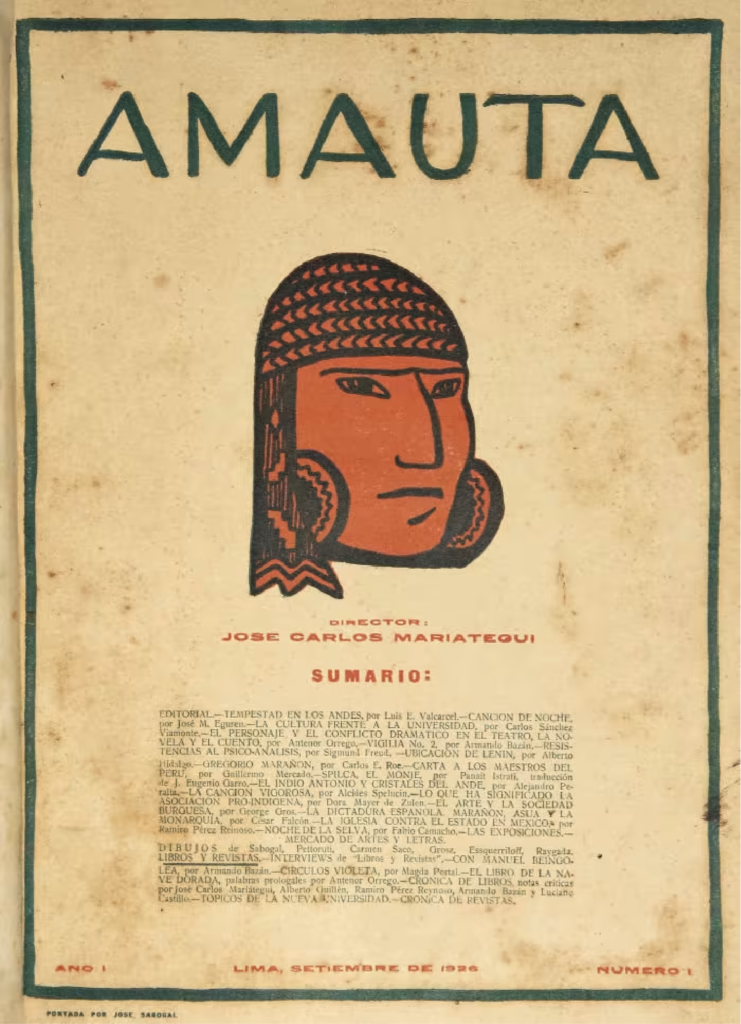What is Amauta Language Center?
Amauta is an online language school that specializes in teaching Spanish to students of all levels. The school offers both group and private classes to cater to individual learning needs and preferences.
The group classes at Amauta are designed to provide a fun and interactive learning experience for students. These classes are small in size, with a maximum of 5 students per group, ensuring that each student receives personalized attention from their teacher. Group classes are conducted in a virtual classroom, allowing students to interact with their classmates and teacher from anywhere in the world.
For those who prefer one-on-one instruction, Amauta also offers private classes. These classes are tailored to the specific needs and goals of each student, allowing them to progress at their own pace. Private classes are conducted via video conference, providing students with a convenient and flexible way to learn Spanish from the comfort of their own home.
Amauta’s experienced and certified teachers use a communicative approach to teaching Spanish, focusing on practical and real-life language skills. They use a variety of materials and resources, including textbooks, videos, podcasts, and online tools, to make the learning experience engaging and effective.
In addition to classes, Amauta also provides students with access to a range of resources and support, including study materials, feedback on assignments, and language exchange opportunities with native speakers.
Overall, Amauta is an excellent option for anyone looking to learn Spanish in a flexible and personalized way. With its experienced teachers, small class sizes, and innovative approach to language learning, Amauta offers an exceptional online learning experience.
Who were the Amautas?

The Amauta, which means “wise one” in the Quechua language, was an Inca teacher who held a highly respected position in Inca society. The Amautas were responsible for passing down knowledge from one generation to the next, preserving the Inca culture and traditions.
The Inca civilization was established in the Andes Mountains of South America in the early 13th century. The Inca Empire was the largest empire in pre-Columbian America, spanning over 2,500 miles along the western coast of South America. The Incas were known for their advanced knowledge of agriculture, engineering, and architecture, as well as their impressive road network, which connected the empire’s various regions.
The Amautas were highly educated individuals who were trained in a range of subjects, including history, mathematics, astronomy, religion, and medicine. They were responsible for teaching the children of the nobility and other important members of Inca society. The Amautas were also responsible for keeping records of important events and developing the Inca calendar.
In addition to their teaching responsibilities, the Amautas were also respected advisors to the Inca ruler, known as the Sapa Inca. The Amautas were consulted on matters of governance, law, and religion, and played an important role in shaping Inca society.
The Amautas were also instrumental in the development of the Inca language, Quechua. They developed a system of writing using knots on strings, known as quipus, which were used to record numerical and other information. The Amautas also created a complex system of oral history, which was used to pass down stories and traditions from generation to generation.
Despite the importance of the Amautas in Inca society, their position was not hereditary. Instead, individuals were selected based on their knowledge and abilities. This allowed for a merit-based system, which ensured that the most qualified individuals were chosen to be Amautas.
With the arrival of the Spanish conquistadors in the 16th century, the Inca Empire was destroyed, and many of the Amautas were killed. However, some of their knowledge and traditions were passed down to future generations of indigenous people, and their legacy continues to influence Andean culture today.